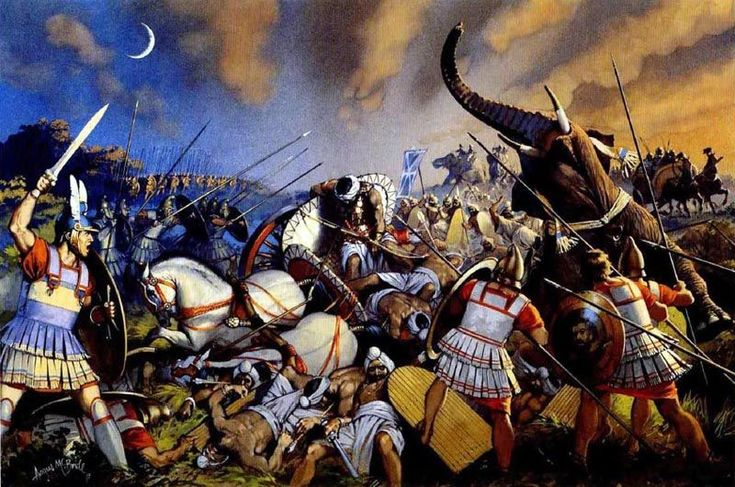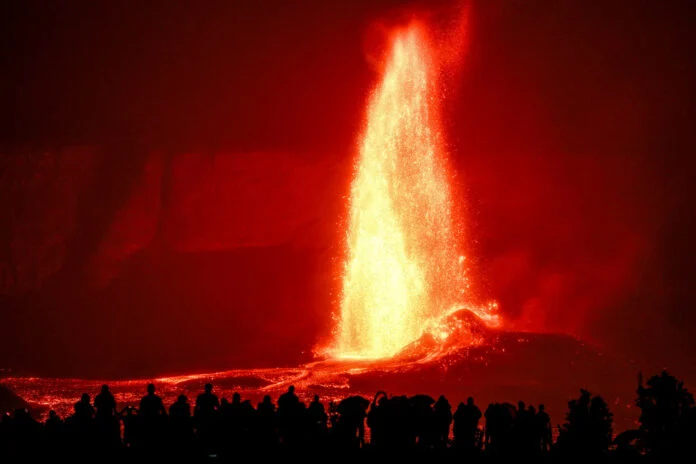The saga of Alexander the Great's journey into India is one of the most fascinating chapters in ancient history. Not only did it define the limits of his empire, but it also set the stage for a unique blend of cultures that would influence the region for centuries. This article explores the military campaigns, the key battles, and the enduring legacy left by Alexander in India.
The March to India
After securing his dominion over the Persian Empire, Alexander aimed his sights towards the wealthy and mysterious lands of India. In 327 BC, he crossed the Hindu Kush, entering the territories of modern-day Pakistan. His route took him through the strategic regions of Gandhara and along the Indus River, where he encountered local rulers eager to forge alliances or resist his advance.
The Battle of the Hydaspes
The confrontation with King Porus at the Hydaspes River (modern-day Jhelum River) in 326 BC stands out as a defining moment. This battle showcased both the might of Alexander's military tactics and the valiant resistance of the Indian forces. Despite the Macedonian victory, the battle was closely fought, with Porus' elephants and chariots posing significant challenges. Alexander's respect for Porus, allowing him to retain his kingdom as a vassal, highlighted a blend of conquest with diplomacy.
Alliances and Resistance
Alexander's approach often involved forming alliances with local leaders. Taxila's king, Ambhi, welcomed him, hoping to gain protection against his enemies. However, not everyone was as welcoming. The Malli tribes fiercely opposed him, and the mutiny at the Hyphasis River marked the limits of his soldiers' endurance, unwilling to venture further into the unknown depths of the Nanda Empire.
Cultural Exchange and Legacy
Alexander's brief stint in India was more than a military campaign; it was a catalyst for cultural exchange. His establishment of cities like Bucephala and Nicaea, named after his horse and a victory respectively, were attempts at Hellenization. However, the true legacy came with the Seleucid and later Indo-Greek kingdoms, which melded Greek art, architecture, and philosophy with Indian traditions, most notably seen in the Gandhara school of art.
The Impact of Alexander's Campaign
The direct control of Alexander over Indian territories was short-lived, but the cultural impact was profound and lasting. The introduction of Greek art influenced Buddhist iconography, while Greek science and philosophy found eager students in Indian scholars. This cross-pollination of ideas contributed to the rich tapestry of the Mauryan Empire that followed, with figures like Chandragupta Maurya possibly learning from the remnants of Alexander's legacy.
Alexander the Great's expedition into India is a narrative of ambition, warfare, and cultural amalgamation. His legacy in the region is not just in the conquests but in how these interactions reshaped the cultural landscape of India. This historical journey teaches us about the interconnectedness of civilizations, how influences from one culture can enrich another, leaving a legacy that transcends the mere act of conquest.







